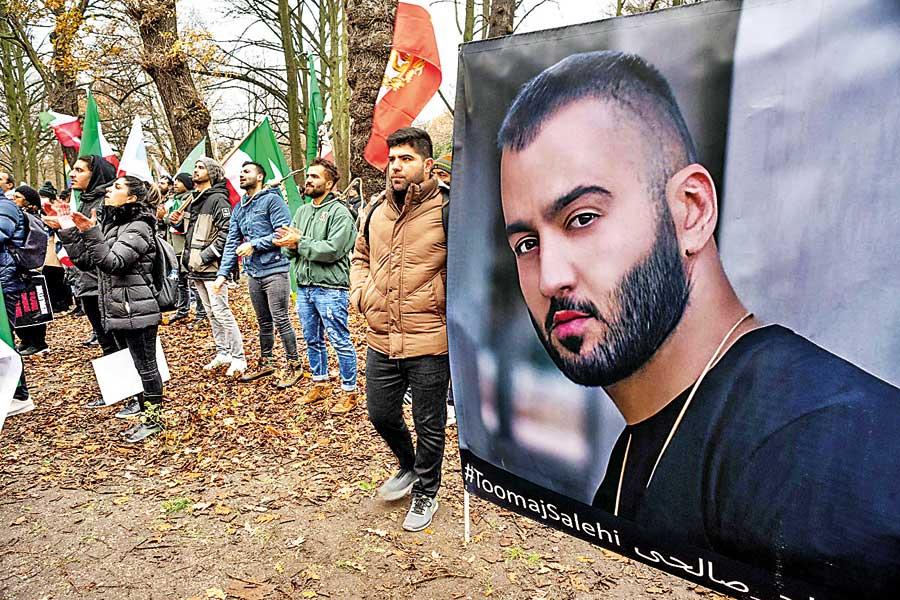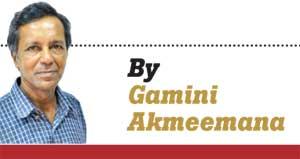Reply To:
Name - Reply Comment

In a country where rap is illegal, Toomaj chose rap to challenge Iran’s hardline regime

Iran has sentenced 32-year-old rapper Toomaj Saheli to death
In a country where rap is illegal, Toomaj chose rap to challenge Iran’s hardline regime which doesn’t tolerate dissent. Now he’s facing the death penalty for refusing to back down.
This is part of a terrifying crackdown on the “Women, Life, Freedom” protests that have swept through the entire country since the killing of Jina Mahsa Amini, an Iranian Kurdish woman arrested in 2022 for not covering her head properly. She died in police custody three days later, and was posthumously awarded the 2023 Sakharov Prize for Freedom of Thought. The prize was shared between her and the Woman, Life, Freedom Movement in Iran.
National hero
People all around the world are calling for Toomaj’s release. In Iran, he’s become a national hero for all those who continue to resist the regime at great personal risks.
Toomaj took to rap after his brother introduced him to Tupac Shakur: He made great personal sacrifices for his music, selling the most precious things he owned to produce his music against the ban on rap enforced by the morality police. As the son of a political prisoner, rap became his way to fight back for his country and a better future.
He was arrested last year, tortured, and released after forced confessions. But he continued rapping his volatile, in-your-face songs, and was arrested again. The Supreme Court dropped some of the charges against him but, in an unprecedented move, a court in Iran’s parallel justice system reversed the supreme court’s decision on Saleh’s case, upholding the original verdict of “corruption on earth” and issued the maximum punishment of death.
Protest songs
Salehi is mainly known for his protest songs concerning Iran’s societal issues and the regime’s authoritarian policies, -- songs such as ‘Mouse Hole’, ‘Turkmenchay’ and ‘Pomegranate.’
His last music YouTube video posted prior to his 2022 arrest included the lyrics: “Someone’s crime was dancing with her hair in the wind/ Someone’s crime was that he or she was brave and criticized... 44 years of your government / It’s the year of failure.”
“Shallagh” (Whip) is a particular hard-hitting song done together with fellow rapper Justina. It says:
“This is a fresh generation/they won’t dance to your tune/hijab/no hijab/During life we didn’t deserve to get slapped on the head/you can no longer force me to cover my head/You forty-year-old enemy of Iran/it’s time to get into your head/repression doesn’t last/as the courageous woman from the city of Gorgan said/I’ll crap into this hijab and the laws of this establishment/my hair becomes a whip against your face.”
It’s defiant lyrics like these that enrage the regime’s censors. Salehi isn’t the only artist to have been targeted for showing opposition to the government. The Kurdish-Iranian rapper Saman Yasin, who was also arrested at the height of 2022’s protests in Iran, was taken to a psychiatric hospital twice in less than a year, according to the pro-reform news outlet IranWire. A court in Tehran has sentenced Yasin to five years in prison.
 What Toomaj Saleh, Justina and Saman Yasin have done is to put more emphasis on the lyrics than on the music. They accuse, insult and directly challenge the regime with their hard-hitting songs, and it thinks that the death penalty is the best way to stop them
What Toomaj Saleh, Justina and Saman Yasin have done is to put more emphasis on the lyrics than on the music. They accuse, insult and directly challenge the regime with their hard-hitting songs, and it thinks that the death penalty is the best way to stop them
Salehi’s release
UN experts also called for Salehi’s release, urging Iranian authorities to reverse the death sentence. Salehi’s political sponsor in Europe, German member of parliament Ye-One Rhie, described the death sentence as “absurd and inhuman.”
It isn’t just rap that is under attack. Western music, especially pop music, was banned in Iran after the revolution, and female singers were banned from performing solo in public. This led to an underground pop music culture. Tehran taxis were a famous outlet, where passengers could listen to cassette tapes of banned music from the West while being driven around.
There came along a generation of street music sellers, lurking in back streets and waiting for customers. They were often the only sources of information about the latest Western pop hits and new genres. These peddlers risked heavy fines, jail terms and lashes if they got caught.
This thriving subculture included DJs quietly spinning records in their basements, underground performances, fans and friends exchanging recommendations in the corners of dark, deserted streets.
One seller who was arrested in a café with the music of Queen was severely reprimanded, but they let him go. He was lucky. The morality police were especially hard on genres such as heavy metal, and many Iranian practitioners had to either face long jail terms or go into exile. Death metal band Arsames were forced to flee the country after being arrested and sentenced to 15 years in prison in 2017.
In 2015, Nikan Khosravi, and Arash Ilkhani, core members of Tehran-based groove/thrash metallers Confess were also arrested, accused of satanism and faced potential execution for blasphemy. Nikan was ultimately sentenced to 14.5 years in prison and 74 lashes, Arash to two years in prison.
Persian rap or hip-hop is a relatively new concept in Iran. It rose to prominence during the early 2000s, mainly through the help of Mahdyar Aghajani, a record producer born and raised in Tehran. Under him, Persian hip-hop, or ‘021’ music, expanded past just a carbon copy of its American predecessor. 021 music became a genre that was singularly Iranian; Aghajani’s fusion of Middle Eastern harmonies with modern hip-hop and electronic elements created a unique sound that showed other young artists how to showcase their music.
Aghajani’s production
It was under Aghajani’s production that Jangale Asfalt (translated to “Urban Jungle”) by Iranian rapper, Hichkas, was created. It’s considered one of Iran’s first hip-hop albums: A blend of conventional instruments, such as the santoor and tombak, with pounding electronic beats serves as the backdrop to Hichkas’s smooth rapping.
Many songs, like “Dideh Va Del,” feature a chorus overflowing with echoes of traditional vocals encased within verses that rap out observations of Iran’s current social climate. Other songs, like “Vatan Parast,” mute classical instruments to allow more modern hip hop elements.
What these songs, and Jangale Asfalt as a whole, did was aid in producing a form of expression that belonged solely to the Iranian youth.
021 music takes American hip-hop and incorporates it into Iranian culture, building off of ideas from renowned Persian poets and older styles of classical music and consequently integrating it within the community.
What Toomaj Saleh, Justina and Saman Yasin have done is to put more emphasis on the lyrics than on the music. They accuse, insult and directly challenge the regime with their hard-hitting songs, and it thinks that the death penalty is the best way to stop them.
There have already been 147 executions in Iran this year.